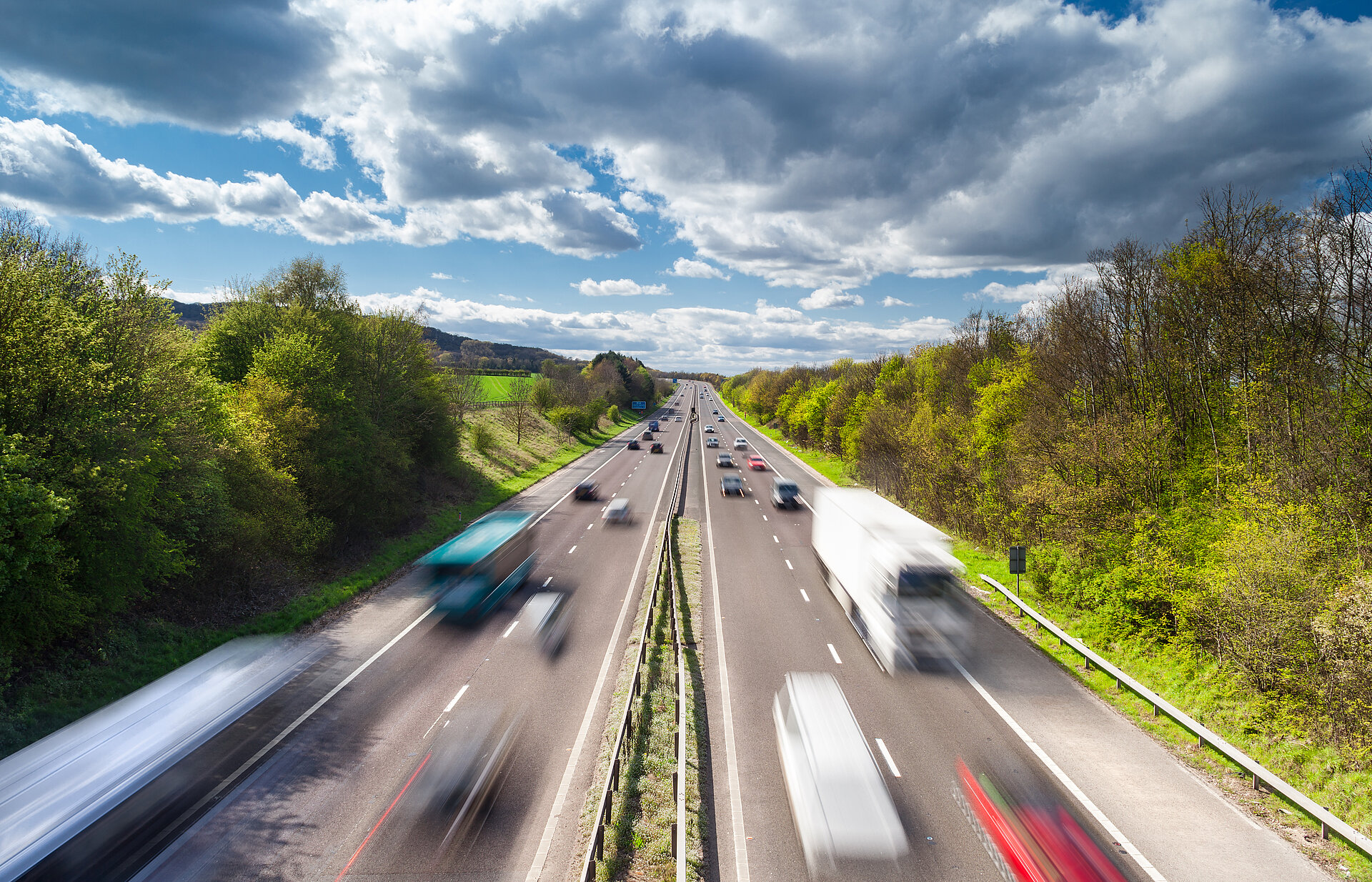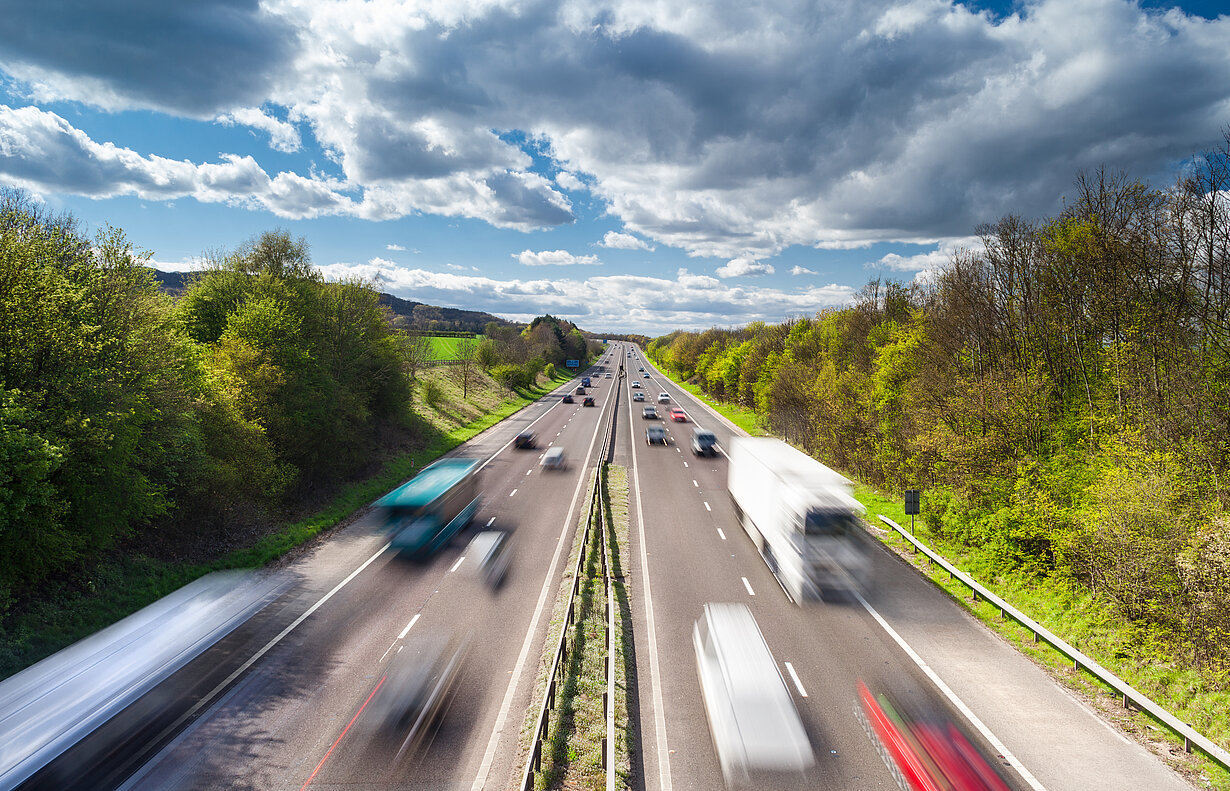Episode 77: Less cars in everyday life

In this episode, mobility expert Katja Diehl talks about the success of the traffic turnaround in Germany. She emphasizes that all of our movement patterns (mobility: when, how, where, why) should be completely rethought. According to Diehl, however, there are still too few mobility alternatives to "car mobility" for this. Only a reduction in Germany's car population could ultimately enable a climate-friendly environment that promises a better quality of life in terms of urban development. "I once mentioned the figure of 20 million vehicles," Diehl said. That would be a reduction of about half of Germany's current car fleets.
"Everyone should have the right to be able to live a life without owning a car," Diehl said. In her mind, people can continue to drive cars if they want to. But they no longer have to - because there should be attractive alternatives everywhere: Buses, trains, bicycles, scooters, shared cabs.
So why pay homage to the car any longer? Katja Diehl says: "In our country, not everything is fair and climate-friendly, inclusive and affordable." Rather, for many decades, all mobility has been designed around the car. Well-developed highways, too many parking spaces, inner-city streets that are too large and, above all, keeping (large) vehicles financially attractive. However, the needs of many people are not adequately taken into account.
On October 28, 2022, Katja Diehl received the German Mobility Award. Her book "Autokorrektur - Mobilität für eine lebenswerte Welt" (Car Correction - Mobility for a Livable World) was published on February 9, 2022, and immediately reached No. 5 on the Spiegel bestseller list. It was awarded the German Business Book Prize in 2022 in the "Readers' Prize" category, which was awarded for the first time.
Podcast Katja Diehl: katja-diehl.de/sdmpodcast/

